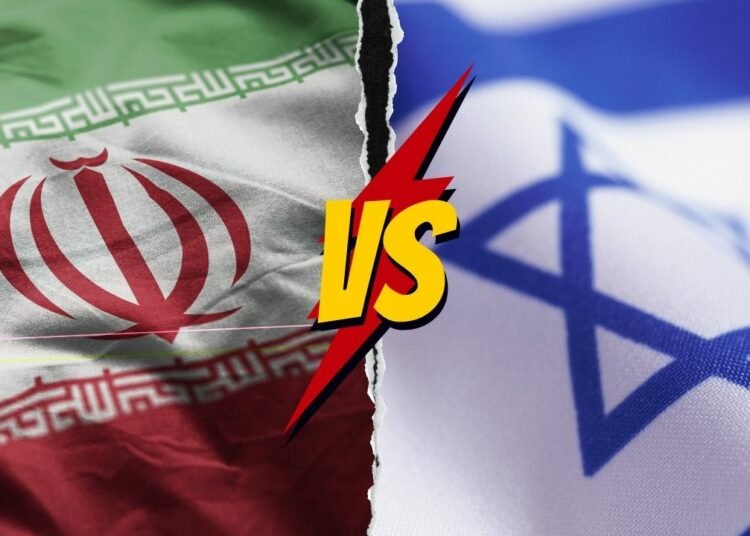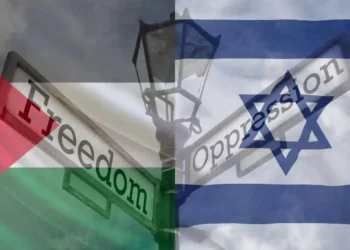When assessing a hypothetical military conflict between Israel and Iran, it’s crucial to consider various facets of their respective military capabilities, as each country has developed its armed forces to suit different strategic needs and geopolitical realities.
Cast your vote: Israel vs Iran Who Would Win?
Israel
Iran
Israel vs Iran
Manpower and Ground Forces
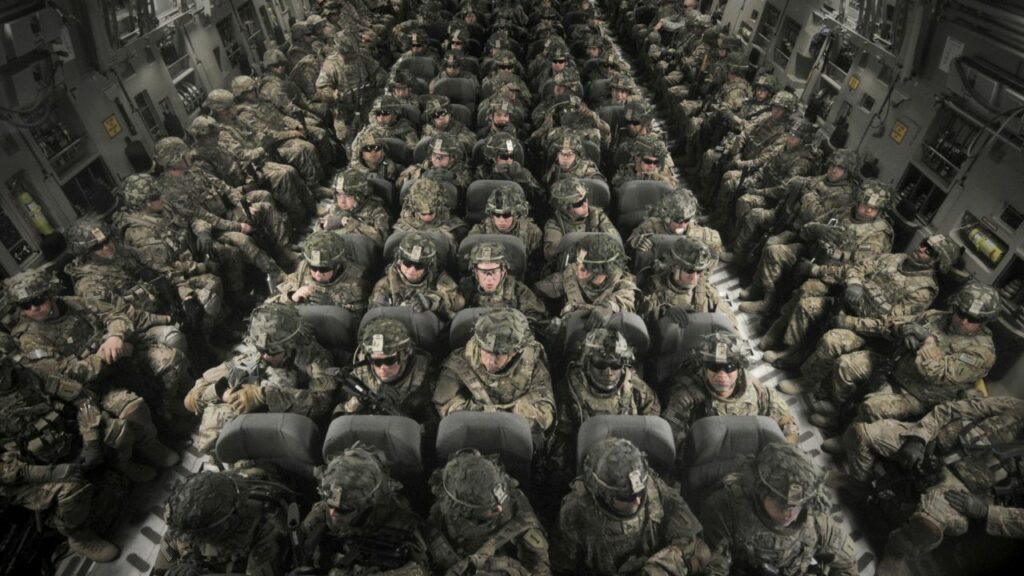
Iran has a significantly larger population and can draw upon a substantially larger pool of military personnel. With over 610,000 active military personnel compared to Israel’s 169,500, and an additional reserve force, Iran has a numerical advantage in sheer manpower. Iran also boasts a larger inventory of tanks and artillery, which includes a considerable number of rocket artillery systems, a domain in which they notably surpass Israel (GlobalFirepower) (Defence Street).
Air and Naval Power
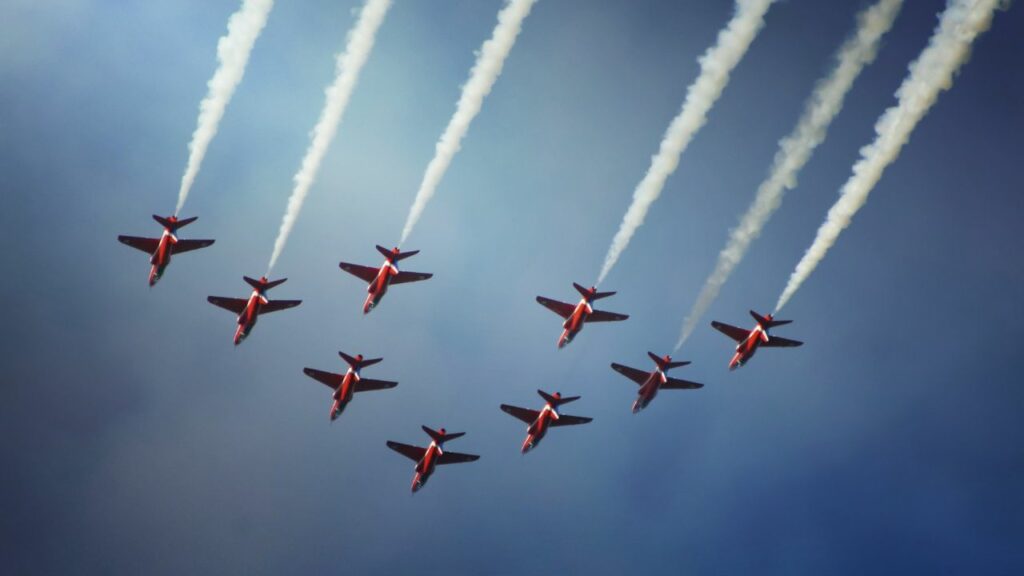
Israel, however, holds a qualitative edge, particularly in air power and technology. The Israeli Air Force is renowned for its advanced fighter jets and precision weaponry, significantly boosted by U.S. military aid. Israel’s total aircraft number less than Iran’s, but the focus on multirole and advanced fighter aircraft underscores a higher technological standard. In terms of naval capabilities, Iran has more vessels, but Israel’s fleet includes submarines and advanced corvettes, which are pivotal for both defensive and offensive operations (Defence Street) (ArmedForces).
Missile and Nuclear Capabilities
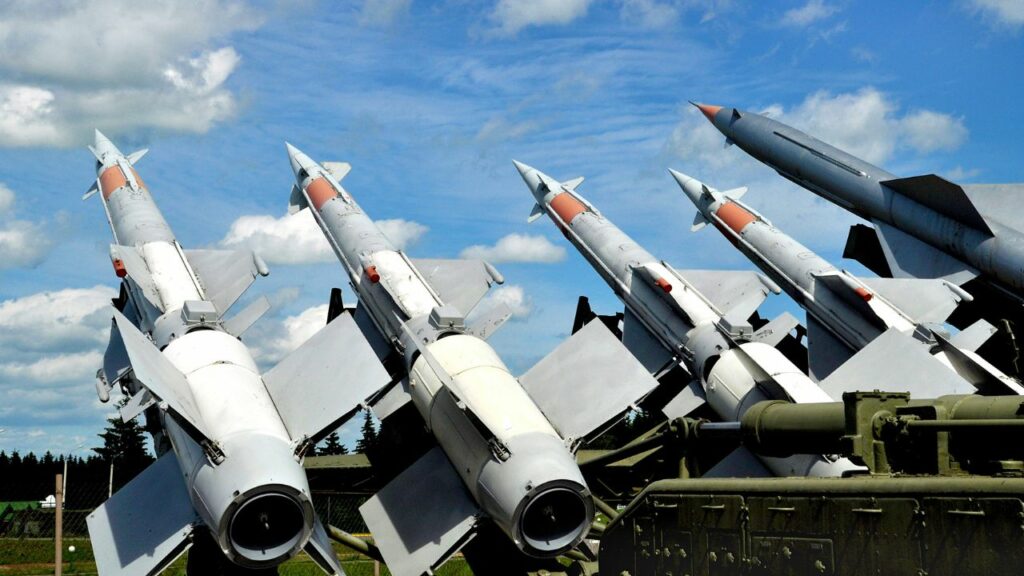
A critical aspect of this comparison is the missile capability of both nations. Iran has one of the largest missile arsenals in the Middle East, capable of striking at various ranges, which compensates for its relatively outdated air force. The emphasis on ballistic missiles highlights Iran’s strategy of deterrence and extended regional reach. On the other hand, Israel’s missile defense systems, like the Iron Dome and David’s Sling, are highly advanced and designed to intercept incoming threats, reflecting a robust defensive posture (Department of Defense) (CSIS).
Strategic Implications
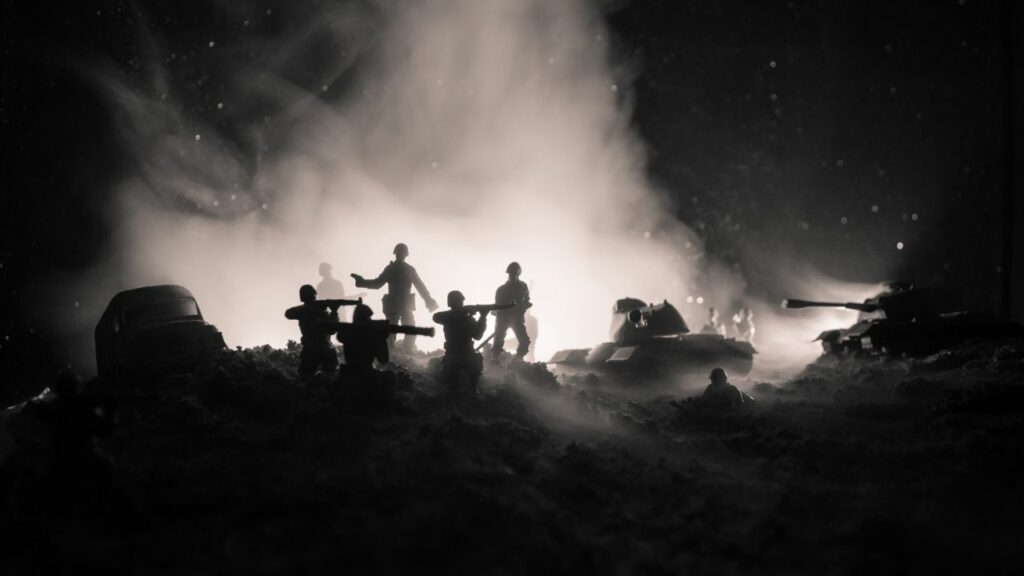
Strategically, Iran uses its military not only for national defense but also to exert influence across the region via proxy groups in neighboring countries, adding a layer of complexity to its military engagements. Israel’s military strategy is heavily influenced by its need to maintain technological superiority and effective deterrence against a spectrum of regional adversaries (Department of Defense).
The deepening military ties between Iran and Russia have significant implications for regional security dynamics, particularly concerning the potential outcomes of a hypothetical military conflict involving Israel.
Enhanced Cooperation and Implications
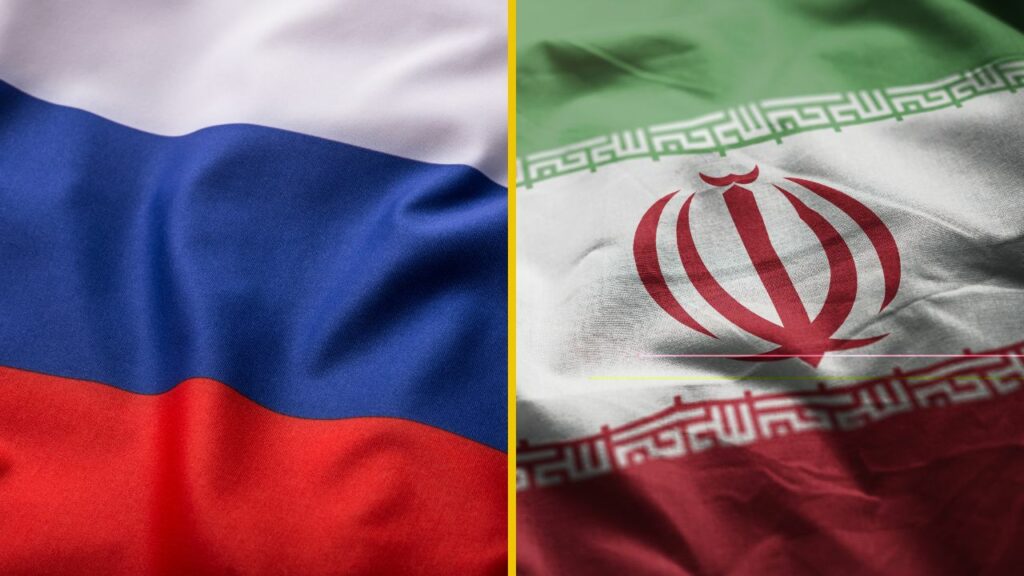
Since the outbreak of the war in Ukraine in early 2022, Iran and Russia have notably strengthened their military cooperation. Iran has provided Russia with substantial military support, including drones and missiles, which have been pivotal in Russia’s military operations in Ukraine (Stimson Center) (The Iran Primer) (The Iran Primer). This collaboration is part of a broader strategic alignment, wherein Iran has sought advanced military hardware from Russia, including fighter jets and missile systems, potentially boosting its military capabilities significantly (Stimson Center) (The Iran Primer).
Impact on a Hypothetical Israel-Iran Conflict
The bolstered Iran-Russia alliance could impact the balance of power in the Middle East in several ways:
- Military Capability Enhancement: The transfer of advanced Russian technology and weapons to Iran could enhance Iran’s military capabilities, particularly in air defense and strike capabilities. This would pose a greater threat to Israeli military operations, should a conflict arise, by potentially reducing the technological gap between Iran and Israel (Stimson Center) (The Iran Primer).
- Strategic Depth: Iran’s acquisition of advanced weaponry and military technology from Russia not only enhances its own defense capabilities but also serves as a deterrent against potential adversaries. The support from Russia, therefore, adds a layer of complexity to the military calculations of other regional actors, including Israel (The Iran Primer).
- Regional Influence: Iran’s role as a significant military ally of Russia in the Middle East could embolden its position in the region, influencing the strategic decisions of neighboring countries and possibly escalating tensions with Israel (The Moscow Times).
- Geopolitical Shifts: The strengthening ties between Iran and Russia reflect a shift towards a more multipolar regional alignment, where traditional power balances could be altered. This shift might affect Israel’s strategic environment, necessitating adjustments in its security policies and alliances (The Moscow Times).
Conclusion
In conclusion, determining “Israel vs Iran who would win” is not straightforward. While Iran can leverage its larger military size and missile capabilities for broad regional influence and deterrence, Israel’s technological superiority, particularly in air defense and precision weaponry, along with its effective strategic alliances, notably with the United States, provide it with a significant qualitative edge. The actual outcome would heavily depend on numerous factors, including the scale of the conflict, international involvement, and the specific military objectives of each side. The historical, political, and military dynamics of the Middle East further complicate such a hypothetical scenario.
